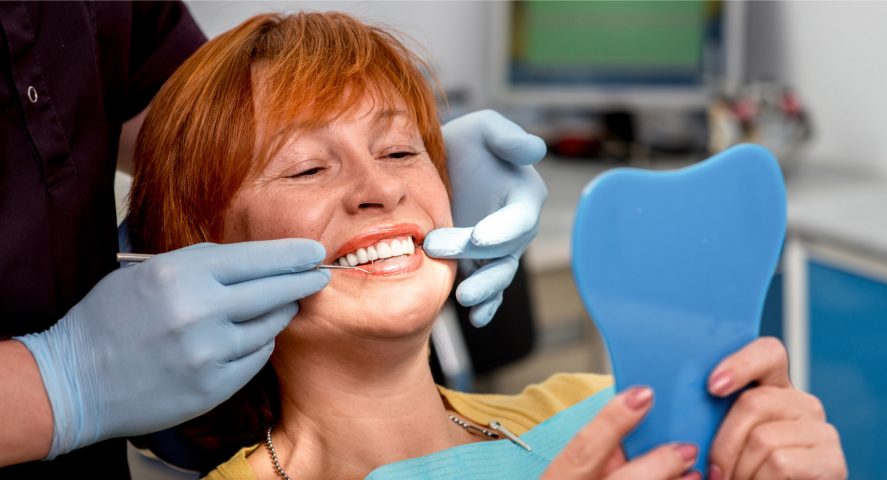Join our Cambridge Cares program, taking care of your preventive care with a monthly subscription, and save money today!
Learn MoreHow To Prepare for a Dental Implant Procedure | Dental Implants, Wichita, Kansas


Dental implant surgery is a procedure that replaces tooth roots with metal, screw-like posts and replaces damaged or missing teeth with artificial teeth that look and function much like real ones, according to the Mayo Clinic. Because dental implants offer a permanent alternative to dentures and bridgework, they have become a popular option among patients of all ages. If you are considering a dental implant, what you do before dental implant surgery will affect the outcome and your procedure’s success. The experts at Cambridge Family Dentistry, a provider of dental implants in Wichita, Kansas, have detailed everything you need to know to properly prepare for your dental implant procedure.
Disclaimer: The views expressed in all articles published on the Cambridge Family Dentistry website do not necessarily reflect the views of our staff members at Cambridge Family Dentistry.
Are you contemplating a dental implant in Wichita, Kansas? Contact us today to schedule your appointment and learn more about comprehensive dentistry. We look forward to caring for your smile!
Contact Us


